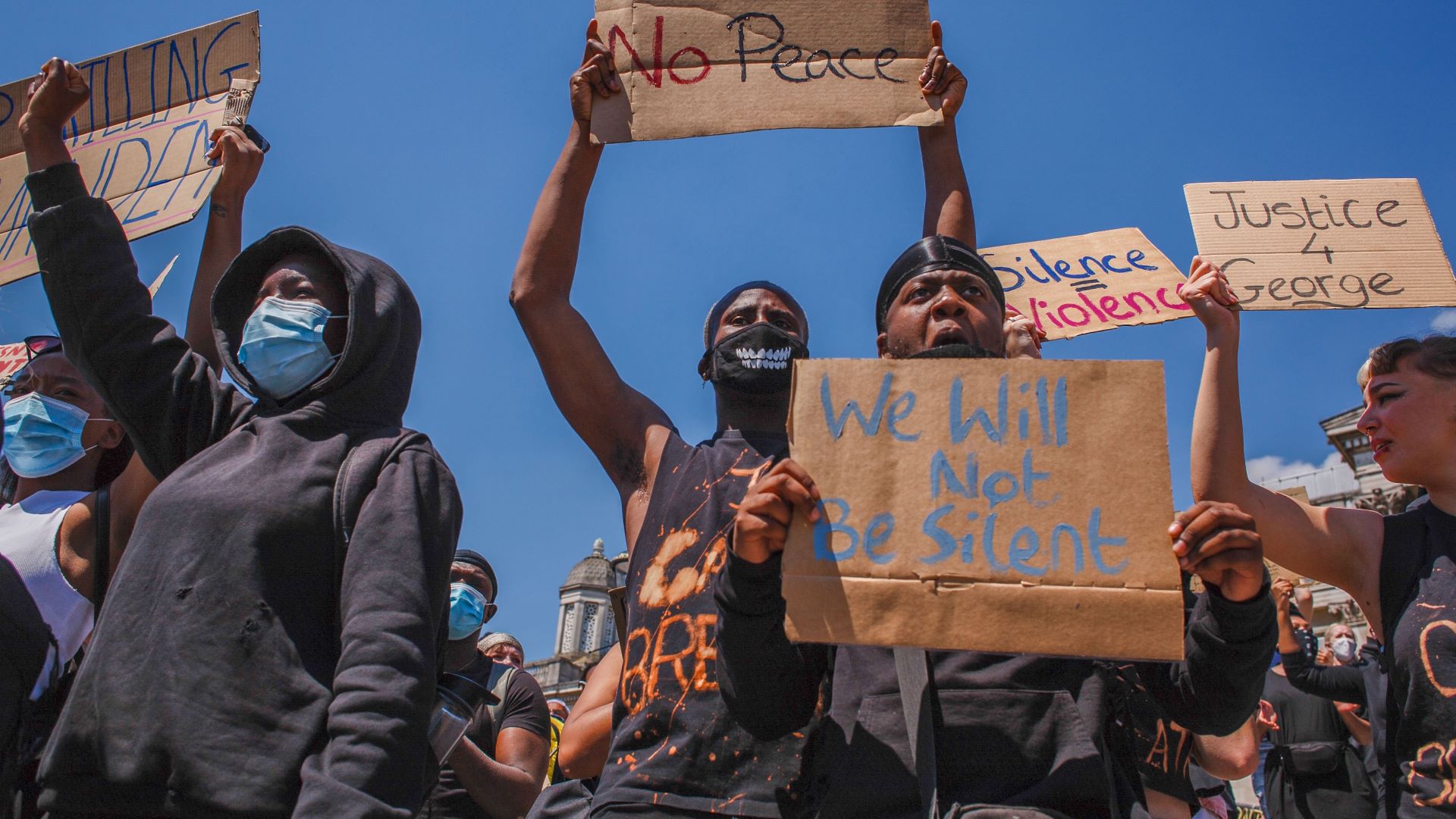
How To Avoid Getting Arrested For Protesting
If you plan on organizing or participating in a protest here in California, it’s a good idea to know your legal rights in advance. While there is fairly wide leeway in most circumstances, in some cases a protest may violate the law and its participants can be arrested.
How To Protest Legally
The American Civil Liberties Union (ACLU) offers the following guidelines for what you may, and may not do to when protesting:
You May
- Distribute leaflets, flyers or other literature on your own property or on public sidewalks, parks and plazas
- Picket or protest on public sidewalks, parks and plazas so long as sidewalks and building entrances are no blocked
- Chant or sing protest songs on public sidewalks, parks and plazas
You May Not
- Block access to sidewalks or buildings
- March in the streets without a permit
- Disrupt counter-protests
- Engage in speech that is obscene, makes knowingly false statements of fact, or that is likely to incite an immediate disruptive or dangerous disturbance
Keep in mind that while California permits legal protests in facilities operated by the state and local government that are open to the public, these protections do not apply to federal government facilities.
Ready To Speak To An Attorney?
Call us now at (707) 540-2356
What To Do If You Are Arrested For Protesting
Even if you follow all the rules and participate in a peaceful protest, there is always the chance that you may end up arrested anyway. This recently happened in Los Angeles where hundreds of people were arrested, put on buses, and taken to the Metropolitan Detention Center.
In most cases, unless there was violence or looting, you will most likely be released and charged with a misdemeanor of some kind. To avoid making the situation any worse, here are some tips to follow:
- If the police take you into custody, immediately invoke your right to remain silent and to have an attorney present for any questioning. If you are under the age of eighteen, do not speak to the police without your parents and/or a lawyer present.
- While in custody, do not physically or verbally abuse any of the officers around you, no matter how angry or upset you may be. Attacking an officer will only make the situation worse and can lead to more serious charges.
- As soon as you are released from police custody, contact an attorney. If charges have been filed against you, your attorney will evaluate your case and decide what steps to take next.
Keep in mind that if you were lawfully protesting at the time of your arrest, you have done nothing wrong. Illegally arresting lawful protesters is a common tactic police use to intimidate people.
If you are physically assaulted, threatened, or abused by the police while lawfully protesting or while in police custody, you may be able to file criminal charges against them.
For more information, or to request legal assistance, please contact our office today.
REQUEST A FREE PHONE CONSULTATION
At Quinnan Law, we offer every client a free phone consultation to discuss their unique situation and determine how we can help. To arrange a consultation, please fill out the adjacent form or call us at: (707) 540-2356.
We provide representation in California State and Federal Courts. We accept most major credit cards for your convenience.
